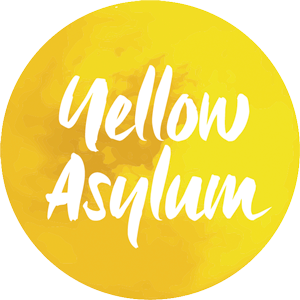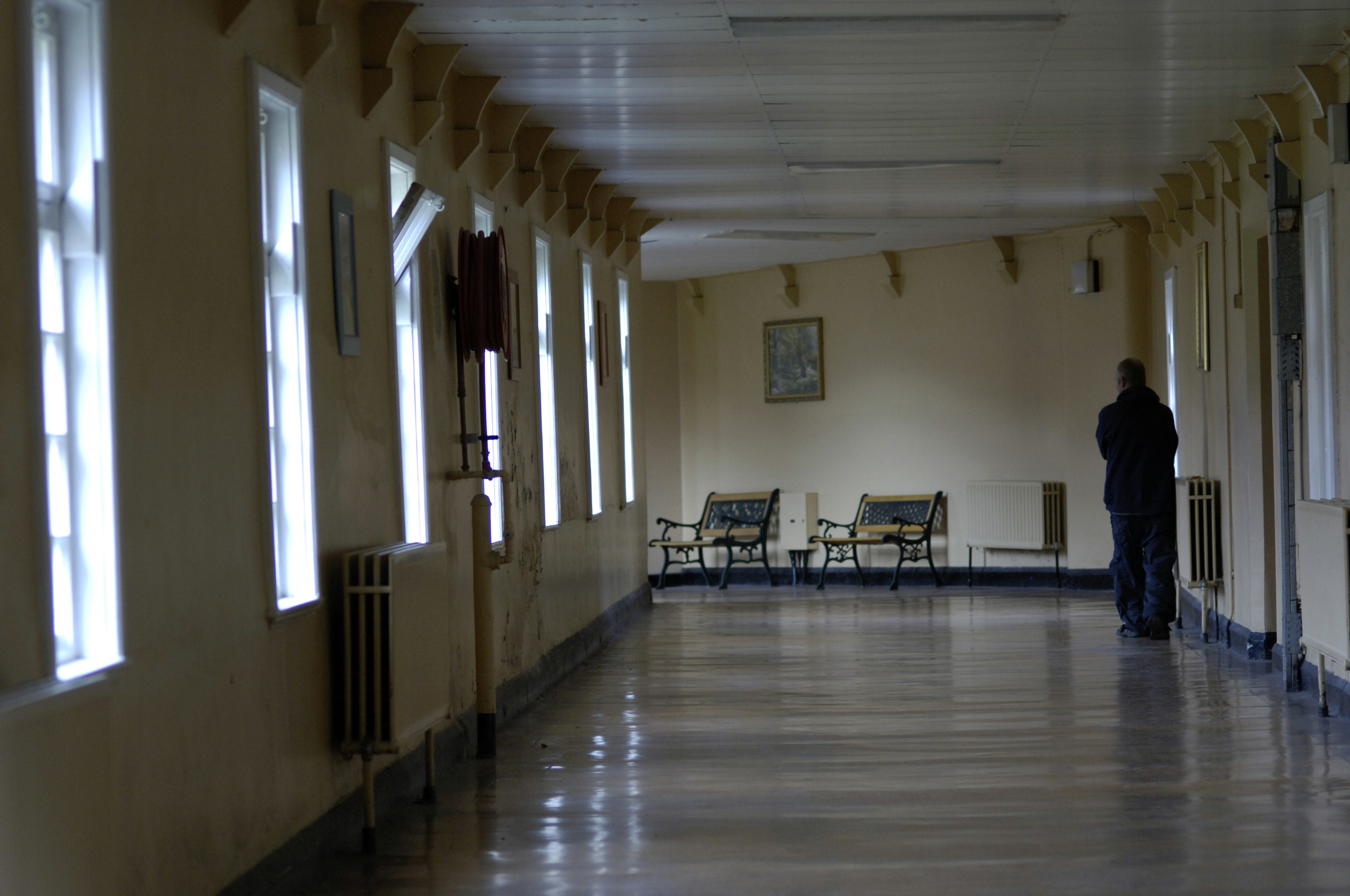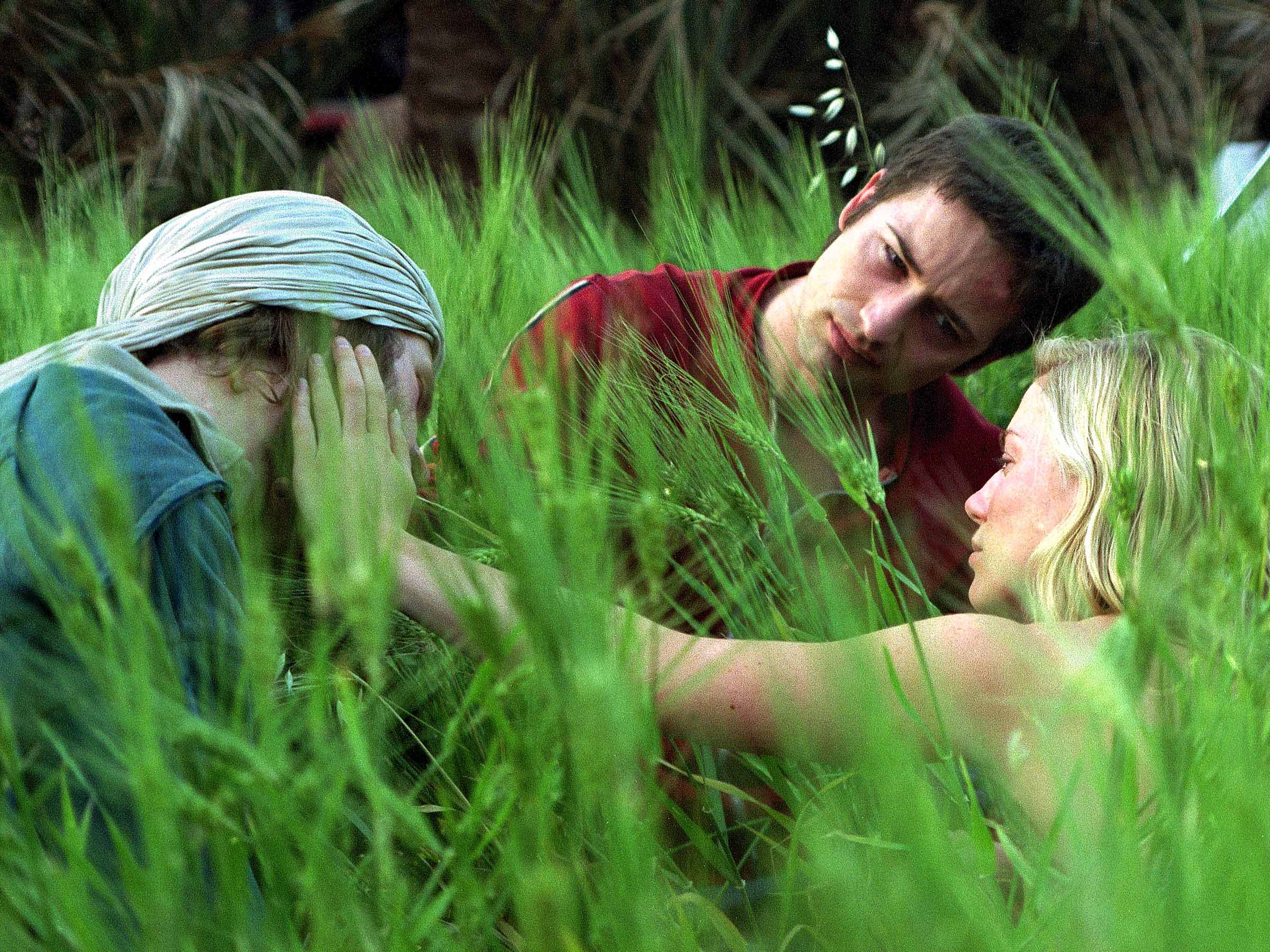Welcome to Yellow Asylum Films, the award-winning Irish film and television production company.
Over the course of more than 30 years Yellow Asylum Films has produced a series of innovative and acclaimed documentaries filmed both in Ireland and around the world and tackled subjects as diverse as emigration, euthanasia, the Catholic Church and mental illness. We have also made a number of dramas including the feature film Timbuktu.
Yellow Asylum Films has produced work for (among others) BBC, CHANNEL 4, RTÉ AND PBS and has a number of major projects in development.
The Story of Yellow Asylum
Yellow Asylum Films is one of Ireland’s leading films and television production companies. It was founded in 1986 by writer/director Alan Gilsenan and producer Martin Mahon to make an award-winning film of a Samuel Beckett screenplay Eh Joe, which featured Siobhán McKenna in her final performance.
The company has since made many documentaries for Channel 4, ITV, RTÉ and BBC. The first of these, The Road to God Knows Where, won both a European Film Award and a Jacobs’ Award. Other documentaries include Prophet Songs (about radical Catholic priests); Stories From The Silence (about the first people in Ireland to speak publicly about AIDS – it also won a Jacob’s Award); Between Heaven And Woolworths (a film about the tradition of story-telling); The Green Fields of France (remembering the forgotten Irish who died in World War One); Private Dancer (a behind-the-scenes view of Ireland’s first lap dance club); and Maura's Story (the extraordinary if tragic tale of a young Irish woman who became a Buddhist saint); and in conjunction with UTV, Yellow Asylum also made a history of Irish dance for ITV called Emerald Shoes.
Other television includes Home Movie Nights, 27 programmes of social history utilizing people’s home movie footage, also for RTÉ; as well as the opening sequence of the 1995 Eurovision Song Contest.
Also for ITV Network, Alan Gilsenan directed six one-hour films entitled God Bless America. These were highly personal profiles of United States’ cities through the eyes of American authors such as Gore Vidal, Neil Simon and Garrison Keillor. He also directed a major history of the Irish Diaspora The Irish Empire as well as a series on the life of Roger Casement in The Ghost of Roger Casement (winner of the Best Documentary at both the Irish Film and Television Awards and at the Celtic Film festival); Sing On Forever about playwright Tom Murphy and for Crossing The Line Films the feature documentary on the life and times of Liam Clancy, The Yellow Bittern (which also won an IFTA).
In recent years Yellow Asylum made a number of documentary series for RTÉ on major, previously unseen institutions: The Asylum, taking an intimate and personal look at St Ita’s Psychiatric Hospital in Portrane; The Hospice (another IFTA winner) set in St. Francis’ Hospice in Raheny and The Home in St. Monica’s nursing home in inner-city Dublin as well as a ground-breaking series on suicide, I See A Darkness.
They also made the historical documentary Fenian Fire and in the arts field three films: a portrait of Paul Durcan, The Dark School, the painter Sean Scully (The Bloody Canvas) and a film on the writings of Pearse, Ó Pheann An Phiarsaigh as well as the series Masterpiece - Ireland’s Favourite Painting.
They have also made a series of films for the National Library of Ireland as part of their James Joyce and WB Yeats exhibitions.
This was followed by WB Yeats – A Vision, a feature length documentary on the writings of WB Yeats which screened around the world in 2015 as part of the Yeats’ centenary celebrations, followed by The Great Book of Ireland (about the anthology of modern Irish art and poetry).
Recent films include The United Irishmen, a feature documentary of the Irish revolutionaries of 1798; a feature documentary about radical politician Noël Browne - The Seven Ages of Noël Browne (2022); the experimental non-narrative film Ghosts of Baggotonia which premiered at the 2022 Dublin International Film Festival and went on cinema release in Ireland and Ulysses | Film, a feature-length film installation inspired by Joyce’s Ulysses for Dublin’s MOLI (Museum of Literature Ireland).
In 2024 they produced a documentary on the dark legacy of the Troubles and the possible future of a united Ireland - The Irish Question.
Alan has also directed the 2016 feature film Unless (starring Catherine Keener); the documentary series Daniel O’Connell: Forgotten King of Ireland and the Irish language documentaries An Buachaill Gealgháireach/The Laughing Boy and Paul Muldoon: Laoithe ‘s Liricí (A Life in Lyrics), (which recently won Best Irish Film at Docs Ireland and the Audience Prize at Thessaloniki Documentary Festival).
They have just completed a feature documentary, We Only Want The Earth: The film aims to reclaim James Connolly’s story as well as invoking his important social vision - with a clear eye on how it resonates in our contemporary time - an era when even democracy itself appears under threat.
Yellow Asylum Films has also made film drama including the award-winning short film Zulu 9, as well as two feature films All Souls Day and Timbuktu (filmed in North Africa).
Martin Mahon also directed his own comedy series for RTÉ called Straight To Video as well as the short Happy Birthday To Me which was screened in competition in Cannes in 1998.
Alan Gilsenan
Alan Gilsenan is former Chairman of the Irish Film Institute, former member of Bord Scannán na hÉireann/the Irish Film Board and the RTÉ Authority.
Martin Mahon
Martin Mahon is a former journalist and the former deputy Commissioning Editor at the Independent Production Unit at RTÉ as well as Programme Director of the Dublin Film Festival from 1992-97.



















